Soy orgollusamente mexicana y bendecida de ser Latina. I love how collectivist our culture is, how we look out for each other and put family first. But as much as I love that solidarity and collectivism, I can’t deny it has its thorns. One of the prickliest is, in my opinion, homophobia. Because of it, I internalized several lies about who I was as a person and what I could (but mostly couldn’t) do as a bisexual Mexican.
For instance, I couldn’t be genuinely happy or secure in my life if I didn’t marry a man. Because who would make enough money to pay our bills? And I couldn’t possibly marry a woman. Because who would carry on the family name? Let’s not forget the most important lie: I couldn’t be bisexual. Because it was just a lifestyle — one I could pray or choose my way out of.
It took decades (not even years) for me to unlearn the lies that I internalized growing up as a bisexual Latina. And it all starts with why homophobia is rampant in Latine communities and the lies I internalized as a result of my upbringing.
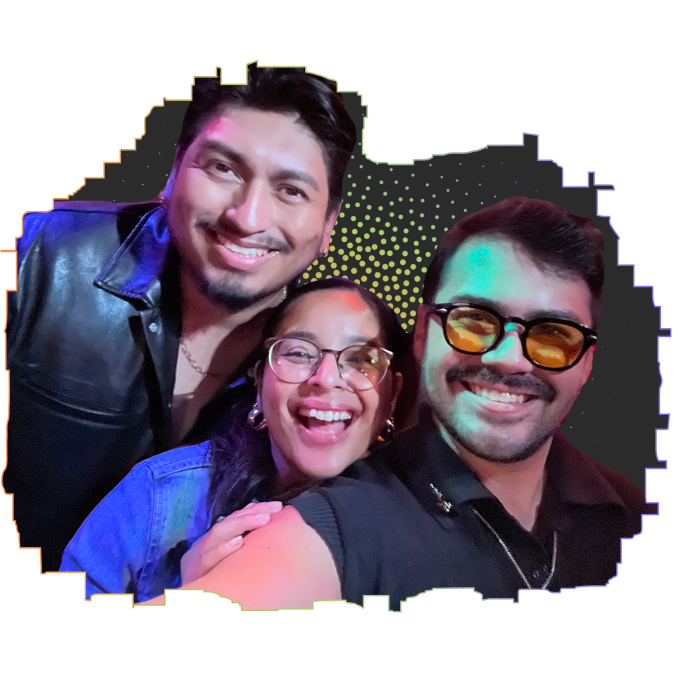
Why Homophobia Is Rampant in Latine Communities
Machismo and Marianismo.
Machismo is a sharp thorn within Latine communities. You might know this as the toxic masculinity that upholds patriarchy. I’d also wager that you are less familiar with marianismo, which Puerto Rican author Raquel Reichard defines as “a counterpart to the toxic masculinity of machismo, which venerates sexist, gendered virtues” in her debut book, Self-Care for Latinas.
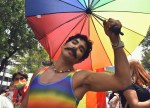
Marianismo, continues Reichard, “teaches girls and women that self-immolation is admirable.” It celebrates the women who, as Reichard puts it, “sacrifice their dreams and well-being for their partners and families.” My mother, and her mother before her, gave up dreams of having a career to instead start a family. As you can imagine, growing up as a bisexual Latina I often wondered how I could be useful or helpful to my family if I couldn’t continue their lineage.
Catholicism and colonization.
Admittedly, I’m not the most religious person. I didn’t attend Catholic school or communion classes — my parents did that on my behalf. Perhaps that’s why they would often remind me and my siblings that our duty was to go to school, “sacar carrera,” and have babies (for the girls). This comes from the Catholic ideals that women are meant to bear babies that will grow up Catholic and bear more Catholic babies. You can see how being any level of queer didn’t fit into that mold.
Machismo, marianismo, and Catholicism are also a direct result of colonization. It’s important to note that our Indigenous roots had some sort of patriarchy and inequality — no society is perfect. But before colonization, we didn’t have the Catholicism and machismo that we know today. And books like Queer Indigenous Studies and historians speak on how Indigenous communities did not adhere to the Eurocentric ideas of gender or sexuality and had a three-gender system that predated colonization.
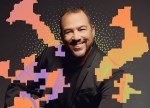
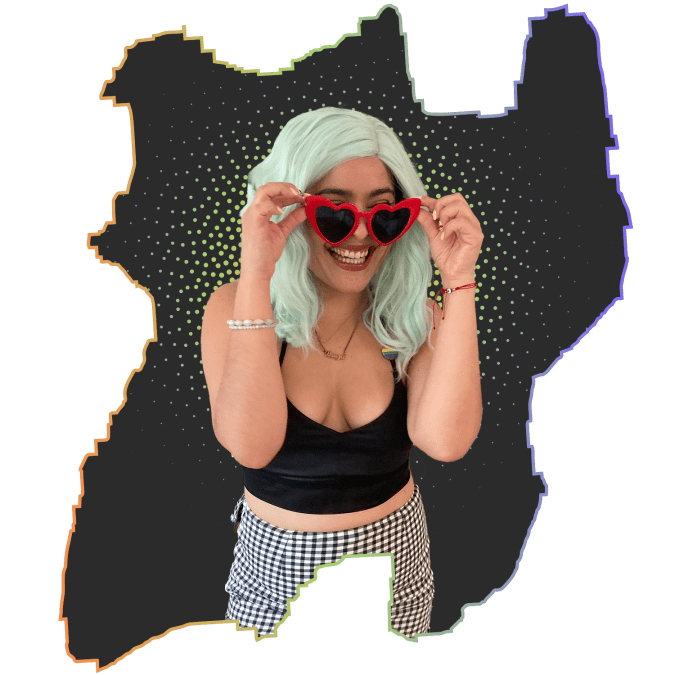
The Lies I Believed as a Bisexual Latina
I have to marry a man to be secure and happy.
For better or worse, my family always tried to look out for my future. They modeled what (one type of) success would look like: a man and a woman having as many kids as they could — regardless of how unhappy it made them. So, my future would surely be similar. Spoiler alert: It wasn’t. I’m my own model of success: the first woman in my family to live on her own and pay her own bills. Turns out I never needed a man to be secure or happy. I was what I needed.
Being gay is a “lifestyle.”
This one I heard from my nuclear and extended family, which contradicts the fact that my mom’s gay brother lived with us and was our nanny. “We don’t agree with your tío’s estilo de vida,” my family would say. You might see how easily I internalized that I needed to choose not to be queer. Try as I did, though, I couldn’t “choose” differently or “pray the gay away.” Because such a thing never existed. But it does exist and it’s not a lifestyle. To quote Lady Gaga: I’m beautiful and I was born this way.
There’s no way I’m ending up with a woman.
I have to put this lie on my brothers. When I first told them that I might be into girls, they brushed it off as a phase. They literally uttered the words, “No way you end up with a chick.” For the most part, I believe what people say — even when they’re completely wrong. That’s why this lie hit so hard. And unlearning it to be my most authentic self meant that I had to learn to assess statements from others and refute them if necessary. The truth: There is a way that I end up with a woman. But even if I don’t, that doesn’t make me any less bi. (Pro tip for doing this: Spend a lot of time getting to know who you really are so that you can easily ignore the lies people tell you.)
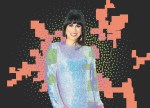
There’s something wrong with me.
This one is straight-up on Catholicism. I used to wake up in sweats from nightmares that I was burning in hell. Even though I didn’t go to church much, I knew the fate that Catholicism bestowed on me as a bisexual. As such, I always thought there was something wrong with me. Now that I’m older, I realize there’s something wrong with society. Not me. While there are certainly things I would like to fix about myself — like my patience and discipline — my sexuality and the fact that I’m bisexual will never again make that list.
This post is part of Remezcla Pride 2024: Identity Edition. Learn more here.




